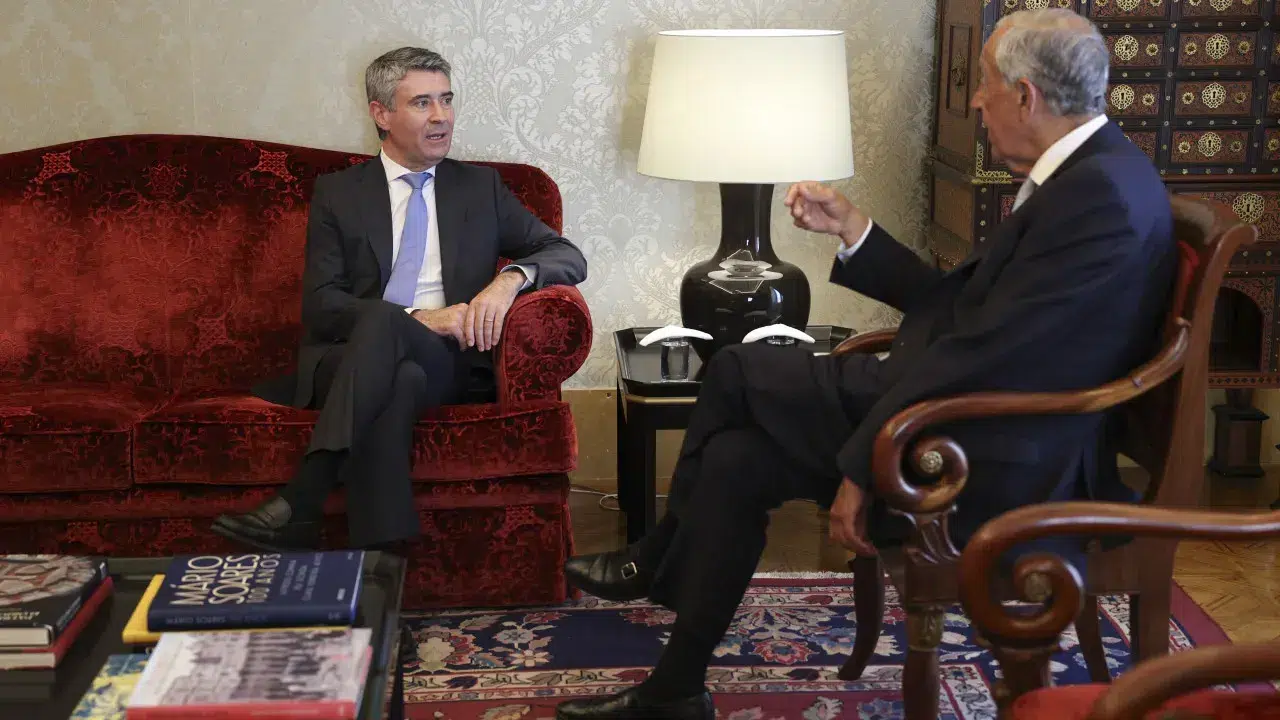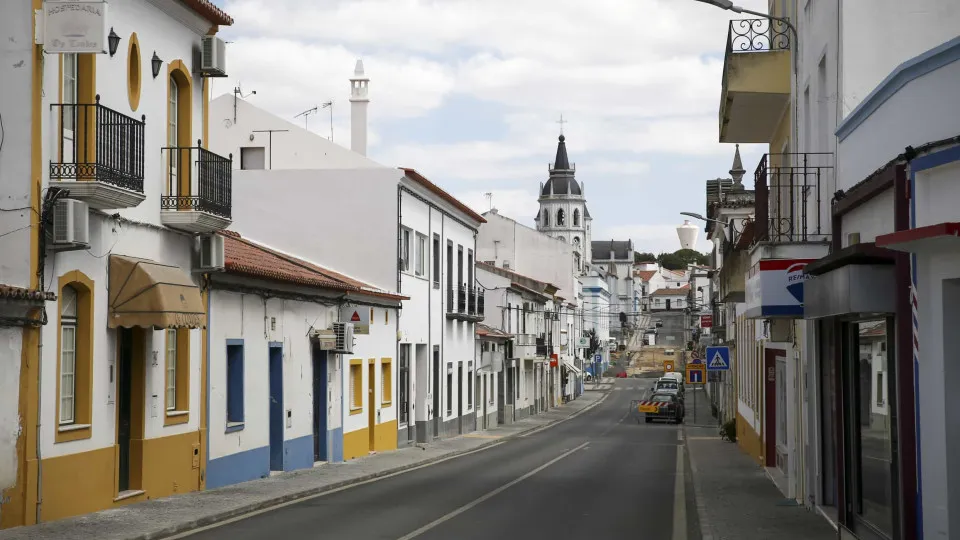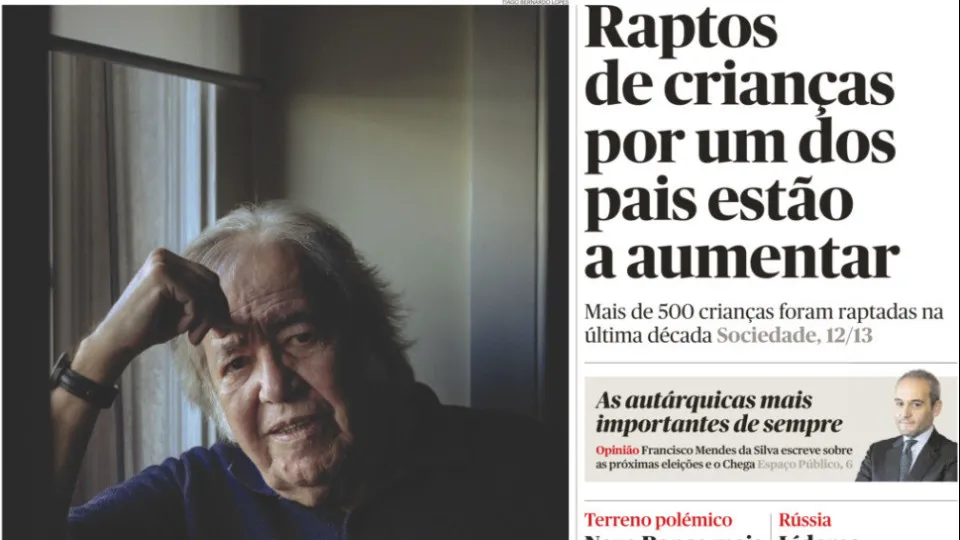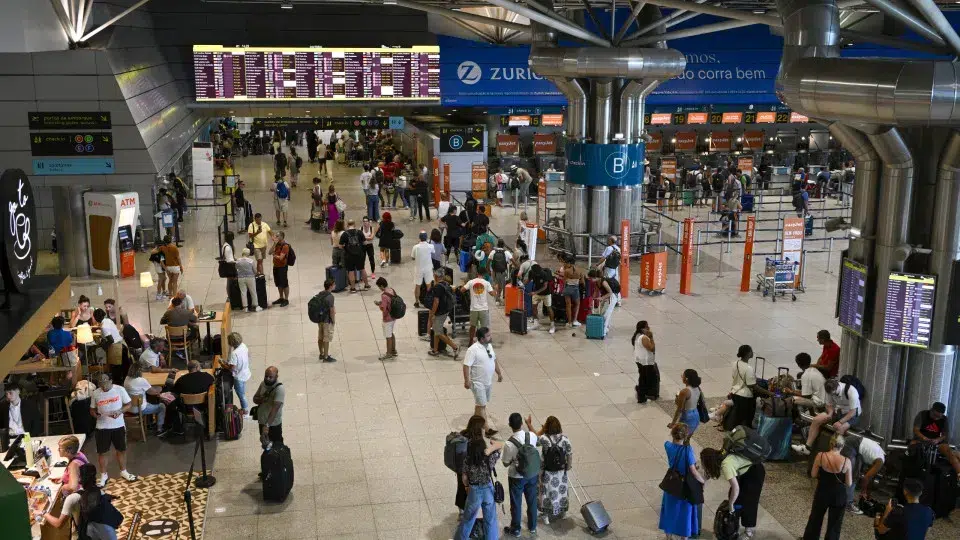
“It’s a very difficult position to be the leader of the opposition in the circumstances that the current leader of the PS will be. Very difficult. I say this from my own experience,” stated Marcelo Rebelo de Sousa to journalists at the Centro Cultural de Belém in Lisbon.
The head of state, speaking before meeting with the PS secretary-general at the Palácio de Belém in Lisbon, outlined how he intended to conduct the meeting: “I will listen to what the leader of the second most voted party thinks about the mission, which I already know is very difficult because I was in the same position. Then I will share my experience with him.”
“But I will naturally listen to his perspective, how he sees it, how he intends to approach the state budgets, and some fundamental regime laws,” he specified.
Marcelo Rebelo de Sousa highlighted that José Luís Carneiro “has already said that, concerning foreign policy, defense policy, fundamental European economic issues, in justice, he will seek regime consensus.”
“I will try to find out if he thinks he has the conditions for this or not. Essentially, to see if I can be helpful with my past experience through some opinion or advice I might offer,” he added.
Asked whether he expects the PS secretary-general to support the government on fundamental issues, following his example in PSD leadership, the President replied: “No, I want to understand how he will manage it, as I had to manage.”
Marcelo Rebelo de Sousa pointed out that he led the PSD in opposition when António Guterres was Prime Minister. In his view, he was “in an easier situation” than the context in which the PS now finds itself.
“There weren’t as many parties as there are today. The PSD was the opposition party and had a very strong position. Other parties were smaller. It wasn’t a parallel situation to today, where, in fact, there is more than one party in a strong opposition position, with a greater number of parties, more fragmentation,” he noted.
The PSD, like the current PS, “was a party that came out of power and had been in power for a long time.”
“In my case, it was ten years of Dr. Cavaco Silva’s governance. And I know what it was. After him, Dr. Fernando Nogueira led the PSD, then I did, and the party only briefly returned to power with Dr. Durão Barroso, followed by Dr. Santana Lopes, for a short period, before the PS took another long period in power,” he recalled.
Marcelo Rebelo de Sousa emphasized the referendums he launched “against the Guterres government”: “One didn’t happen, concerning Europe, but the regionalization and voluntary interruption of pregnancy referendums took place and were later consensualized with Engineer Guterres.”
“We had very lively local elections where we were practically tied, the PSD remained one council behind the PS. We had many moments of friction. But in fundamental policies, and especially in enabling the budget, I enabled three budgets, without which the country wouldn’t have been able to enter the euro and we consensualized a constitutional revision,” he concluded.
“But as I say, it was easier for me than the current PS leader’s position,” considered the President.
Asked if he is concerned about negative coalitions in the Assembly of the Republic, the head of state emphasized that in the previous legislature “the abstention of the stronger opposition parties, PS and Chega, was enough, but now they need to vote together negatively.”
“We’ll see if this is the PS leader’s disposition or not,” he commented.




